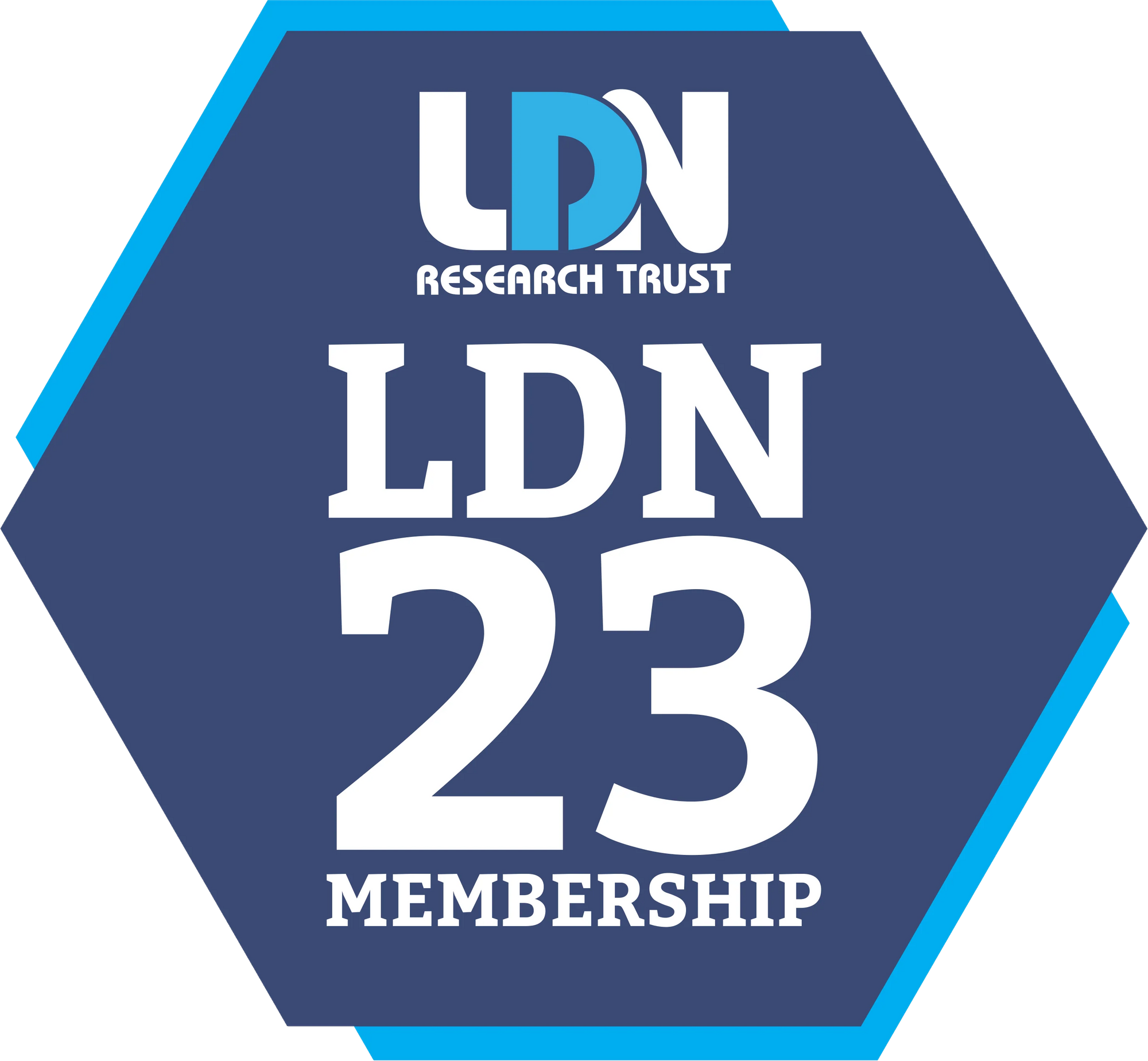Information on Low Dose Naltrexone

What is Low Dose Naltexone (LDN)?
LDN is a safe, non-toxic and inexpensive drug that helps regulate a dysfunctional immune system. It reduces pain, and fights inflammation. It is used to treat cancers, autoimmune diseases, chronic pain, gastrointestinal disorders, and mental health issues, to name a few.
Understanding how LDN works requires a grasp of three fundamental biological principles.
First, opiate receptors are present in multiple biological systems in the human body, as they regulate a great number of biological functions via the central release of natural opiates (endorphins/met-enkephalins).
Second, a class of proteins called toll-like receptors (TLRs) are part of the immune system, providing a first line of defense against microbial invasion and possessing the ability to recognize and be activated by not only pathogens but also endogenous signaling molecules.
Lastly, naltrexone, when given at a low dose, has antagonistic activity in both of these areas, and is able to modify biological functions of these receptor groups by suppressing unwanted immune reactions, or by stimulating disease-suppressed immune activity.
List of Conditions LDN has been Known to Treat:
Cardiac Diseases including autoimmune cardiomyopathy, autoimmune myocarditis, autoimmune thrombocytopenic purpura, Congenital heart block, Coxsackie myocarditis, Dressler's syndrome (postmyocardial infarction syndrome), Giant cell myocarditis, Kawasaki disease, Polyarteritis nodosa, Postpericardiotomy syndrome, Subacute bacterial endocarditis (SBE), Vasculitis
Chronic Pain including Complex Regional Pain Syndrome/RSD, Diabetic Neuropathy, Migraines, Peripheral neuropathy, Temporomandibular joint disorder, Dermatological Diseases including Alopecia, Atopic dermatitis, Eczema, Lichen planus, Psoriasis, Subacute cutaneous lupus erythematosus (SCLE), Vitiligo
Endocrine Disorders including Addison's disease, Cushing's syndrome, Diabetes mellitus type 1, Eosinophilic esophagitis (EoE),Graves' disease, Hashimoto's thyroiditis, Hypopituitary or Secondary adrenal insufficiency, Hypothalamic Dysfunction, Hypothyroidism, Juvenile diabetes (Type 1 diabetes), Pituitary dysfunction
Gastrointestinal disorders including Autoimmune hepatitis, Autoimmune pancreatitis, Celiac disease, Crohn’s disease, Eosinophilic gastroenteritis, Gastritis, Gastroparesis, Gluten sensitivity, Gut dysbiosis, Inflammatory bowel disease (IBD), Irritable bowel syndrome (IBS), Small intestinal bacterial overgrowth (SIBO), Ulcerative colitis (UC)
Neurological disorders including Autism, Alzheimer's, Multiple Sclerosis, Parkinson's Disease, Restless Leg Syndrome
Psychological Disorders including Alcohol use disorder, Anxiety, Autism, Depersonalization/Derealization Disorder, Depression, Dissociative Disorder, General Anxiety Disorder (GAD), Obsessive Compulsive Disorder (OCD), Panic Disorder, Post-Traumatic Stress Disorder (PTSD), Postpartum Depression, Premenstrual Dysphoric Disorder (PMDD), Stress, Substance abuse disorders
Autoimmune Disorders including Ankylosing spondylitis, Arthritis, Chronic fatigue syndrome (CFS), Fibromyalgia, Lupus erythematosus, Scleroderma, Sjögren's syndrome, Women's Health Conditions including endometriosis, PCOS, infertility, vaginitis, vulvodynia
